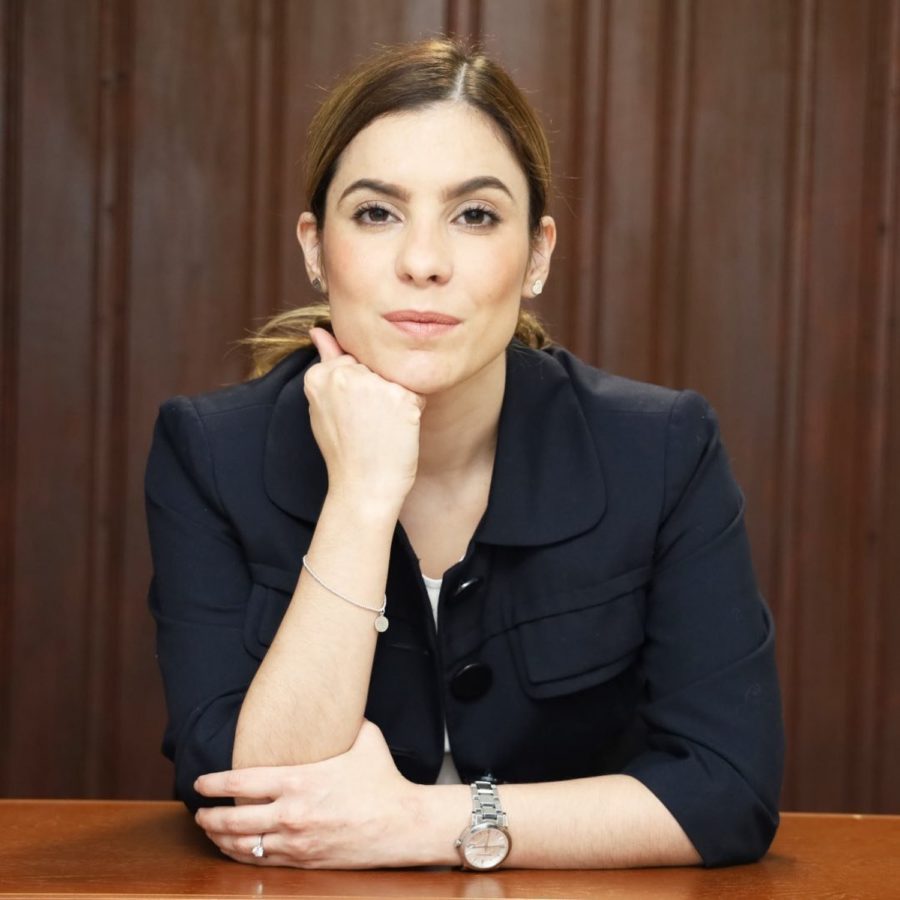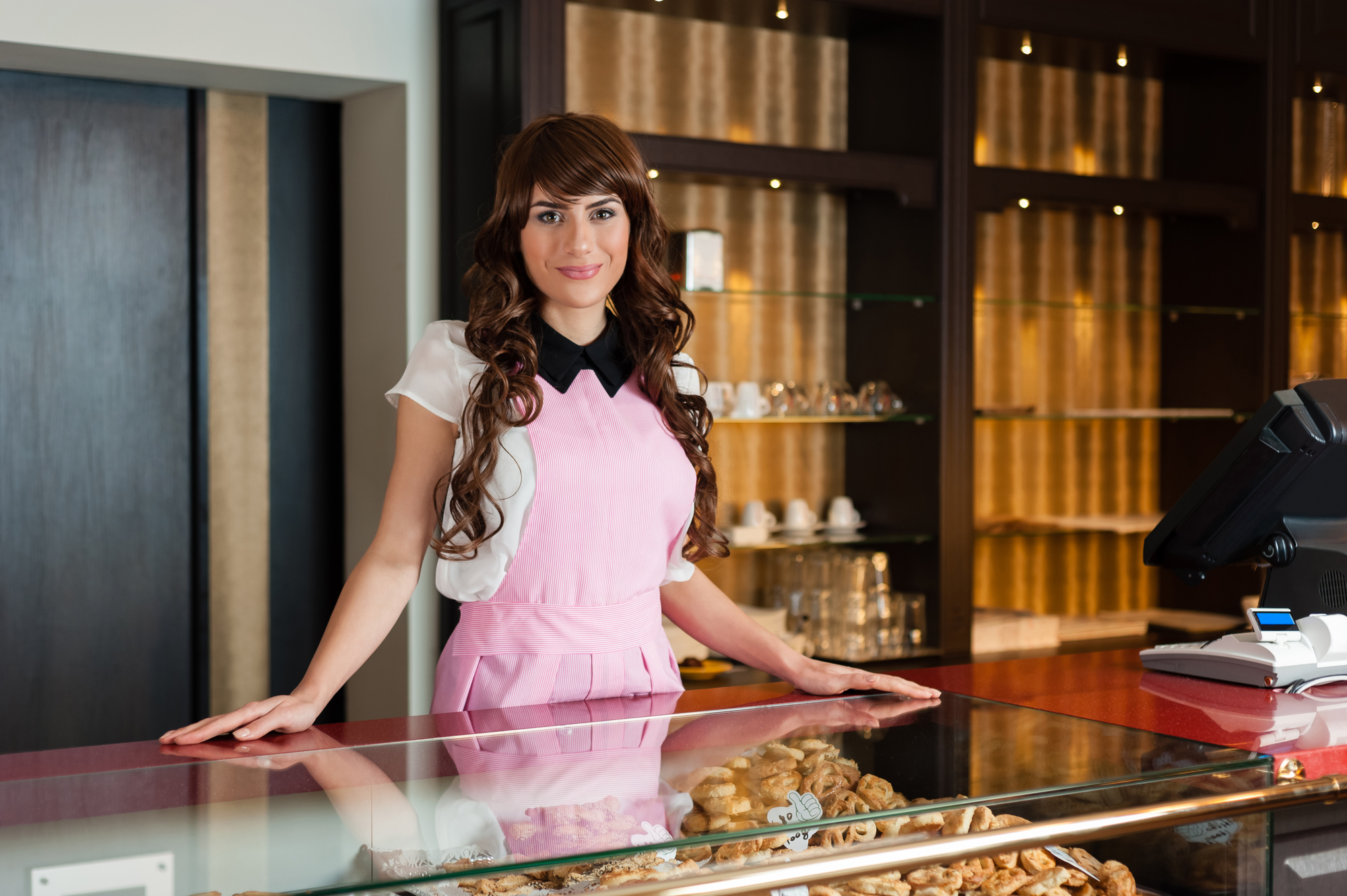The franchise sector forecasts growth of 12% during 2023, despite inflation and after going through one of the roughest stages in its history.
The Mexican Franchise Association (AMF) in the voice of its president, Mario Briceño, assured that, although the covid crisis did impact the closure of some units, no brand has been reported to have disappeared, of which the trade union it accounts for 1,300 in national territory.
Thus, he says that, unlike 2022, which he defines as a year of recovery, 2023 will be a year of growth. In this sense, he believes that the greatest expectations are concentrated in the food and beverage sectors; health, beauty and personal care; as well as an upward trend in services.
This optimism is supported by statistics, which indicate that when it is undertaken under the franchise model there are more possibilities of success: nine out of 10 new franchise units that open in Mexico prevail for more than five years.
To learn more about what the industry is going through, we spoke with Denisse Diez, partner and CEO of FranquiciaT, a franchise and business consultancy based in Querétaro.
The also founder of the Diez Legal firm, a legal-digital services platform aimed at notaries, entrepreneurs, startups, lawyers and individuals, talks to us about franchises and their business potential.

Emprendedor.com (EM): What moment are franchises experiencing and what opportunities do you see in 2023?
Denisse Diez (DD): Querétaro is a state that is growing exponentially. The Bajio region ranks fourth nationwide with the number of franchises and points of sale with more than 500 brands and is a growing sector. The opportunity for this type of business with the topic of information technology and the dissemination of the benefits of this business model is quite good.
EM: Which sectors find the greatest potential for 2023?
DD: Food and beverages continue to be seen as a preponderant turn, but particularly the wellness theme and foods that are much healthier, also in the health and beauty sector with this tinge of well-being.

EM: Are people looking for the franchise model to replicate their business or more to undertake?
DD: The development of franchises in Querétaro is quite active because there is much more dissemination about the advantages offered by the model in general. Before there was ignorance and now with the internet and social networks there is more knowledge of this model that enhances business, income, increases the value of your brand and the confidence of the entrepreneur. In addition, it benefits the issue of business expansion and consolidation over time.
EM: How have the rules of the game changed in this business model, is the rule of a minimum of two years of operations and two units maintained?
DD: Regarding the requirements that a business must have to become a franchise, there are really many myths around, however, there are recommendations. The law says that there is a franchise when you have a registered trademark, when the knowledge of the business operation is transmitted and the issue of supervision and training is given. It does not set additional conditions for operating time or number of branches, but if you have a business that has that potential and considerable income, it is convenient to franchise a business that has a certain time and not one that has a month, because at the end of the day , when you transmit this knowledge, it will be knowledge of a month and you will not be able to ensure or think about sustainable growth. The recommendation is that a business has been operating for two years and has more than two branches.
EM: The pandemic opened up possibilities for remote work, how did it change the operation of franchises?
DD: There are things that have not changed, but taking advantage of the software we have to supervise, this type of scheme has become very interesting, because it no longer demands the same amount of time that the structure of a franchise used to demand. Today there are many software that help these franchises to carry out their supervision processes, and that is not exclusive to the food and beverage sector, but it happens in any sector in which you find yourself. There are more and more tools.
EM: How is the expansion of franchises happening, regionally, nationally or internationally?
DD: Today it is much easier to have access to information and due to the diffusion that brands have on social networks, the scope reaches international levels. Conditions in the franchise sector are changing in a positive direction. For example, the office runs a business, Tu Bar, which has a very good exposure in networks and is about to open its second branch internationally. Or the case of Frozen, which has six branches in less than a year nationwide and is going to open its seventh internationally.
EM: What are the challenges of the woman in charge of the franchise?
As a consultant, I have had the satisfaction that the majority of those who come to develop their business are women and have very solid and well-structured businesses and have had exponential growth and this is increasing. However, even being a woman as a business issue is complicated… more and more women are struggling to have financial independence, which translates to having their own business. When you develop it with that franchise model, you are prioritizing financial freedom.
The challenges for women who opt for the franchise model are to work more on the confidence of women, that they really feel that they are capable of leading a business and not only keeping the vision of having a branch, but of growing and having this financial freedom to which we aspire.
Opportunities must be sought and consolidated. There is government support to promote entrepreneurship, where you carry out the business incubation process, brand registration and company formation, and that advances you a bit when you think about formalizing your business to develop it under the franchise model.

Marisol Garcia Fuentes Editorial Director Emprende and Emprendedor.com. I am motivated by stories of tenacity and innovation.


